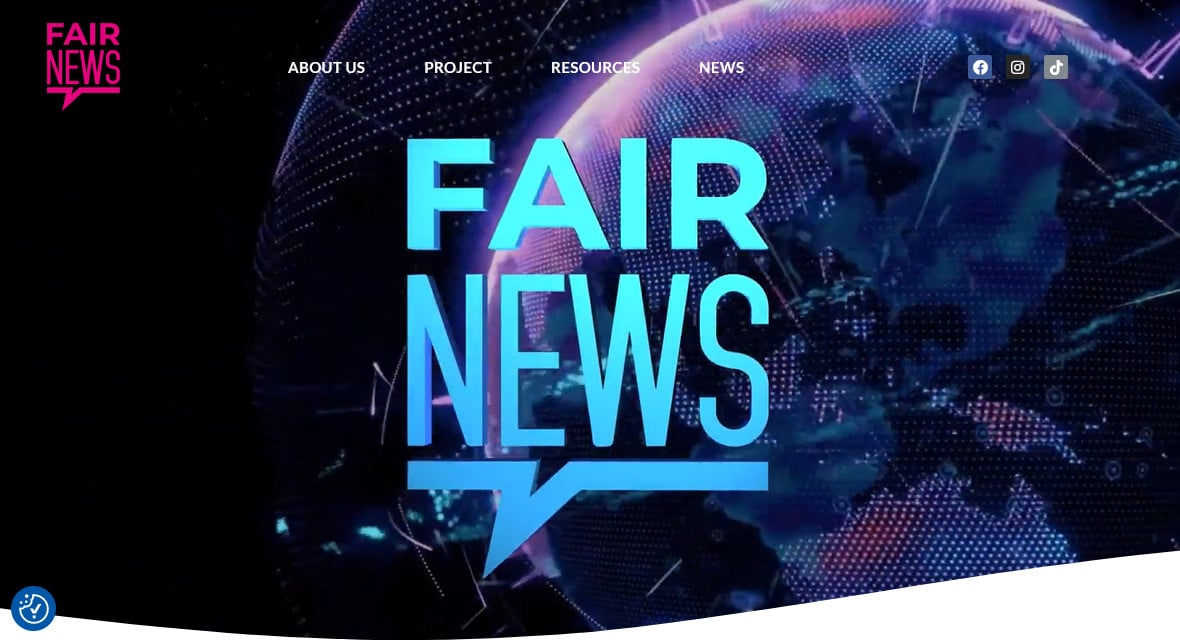In 2012, Eqbal M.A. Dauqan received her Ph.D in Biochemistry from the School of Bioscience and Biotechnology, Faculty of Science and Technology, Universiti Kebangsaan Malaysia (UKM), Malaysia, sponsored by the Organization for Women in Science for the Developing World (OWSD). Her main research interest is biochemistry, food antioxidants, and nutrition.
Her thesis was awarded for being an excellent thesis. She was appointed as a Post-doctoral Fellow at the School of Chemical Sciences and Food Technology, FST, UKM from July 2012 to July 2013. In July 2013 she was appointed as Senior lecturer at Department of Medical Laboratory Sciences- Faculty of Medical Sciences, Al-Saeed University (SU) – Taiz, Yemen, where she became Head of the Medical Laboratory Sciences Department at the same Faculty.
In 2014 Eqbal established a new program entitled Therapeutic Nutrition Department in, SU. She was selected as one of five winners of the 2014 Elsevier Foundation Award for Early Career Women Scientists in the developing countries (Chemical Sciences). Eqbal was selected to be a visiting scholar in UKM, Malaysia sponsored by IIE_SRF (USA) from Feb 2016 to Feb 2018.
In February 2018, she affiliated with the Global Young Academy as a mentee in the At-Risk Scholar initiative. In September 2018, she had been selected as TWAS Young Affiliate for 2018-2022. Currently, Eqbal was appointed as an associate professor at the University of Agder (UIA), Kristiansand-Norway through the Scholar at Risk (SAR) Network, USA.
In this video, she shares her personal story. The journey that started with the curiosity and the passion of a child.
You can find out more about her here: https://globalyoungacademy.net/edauqan/








